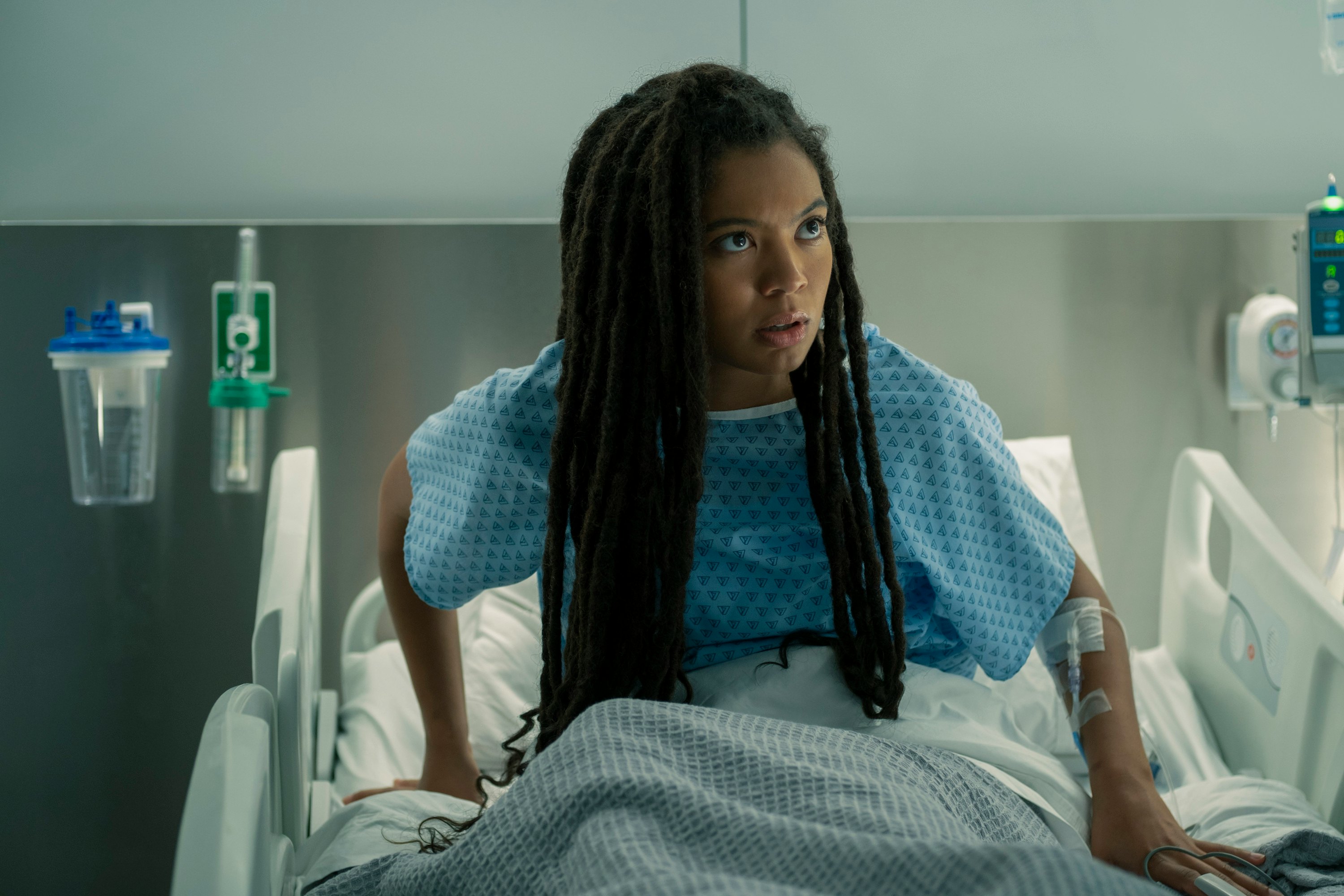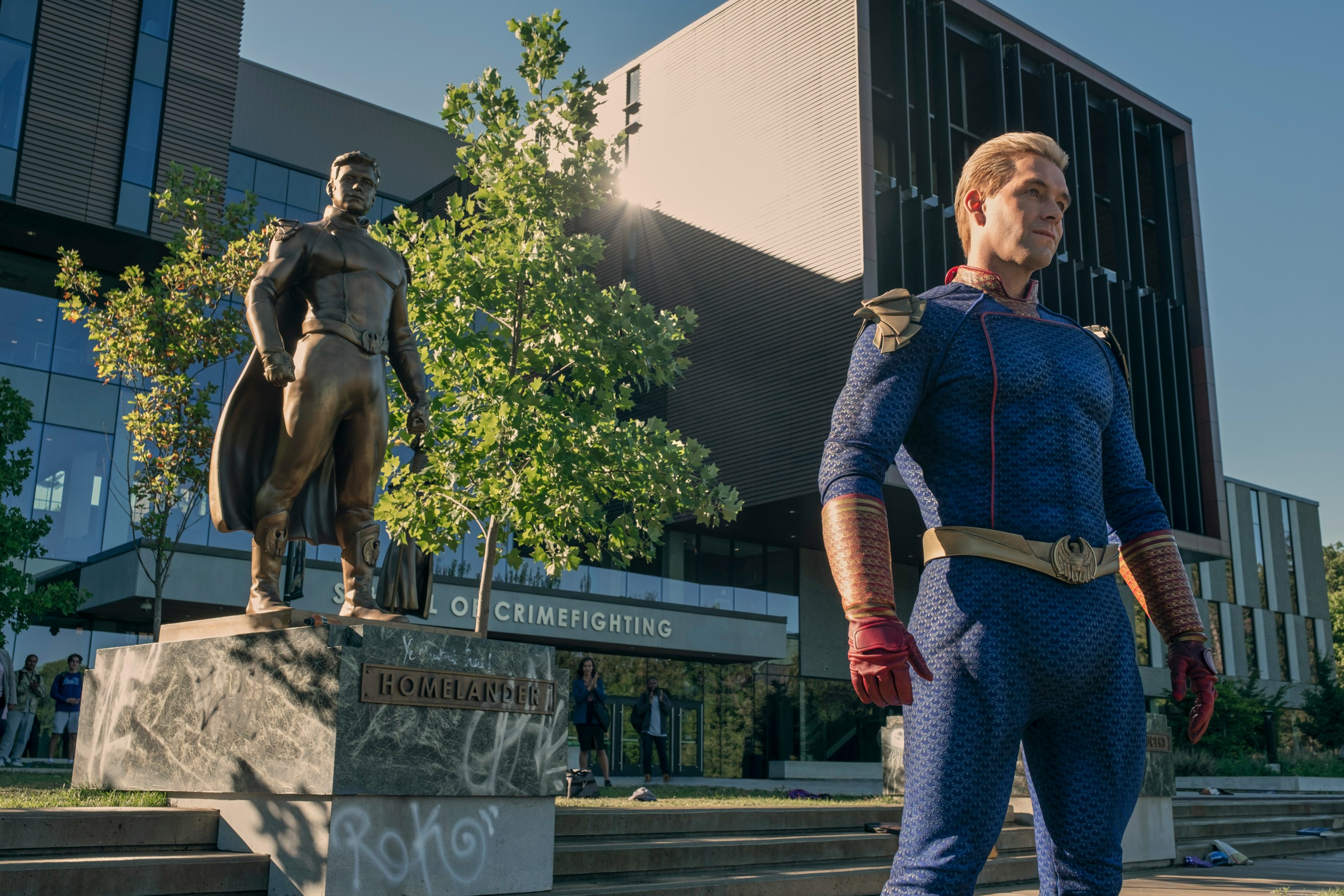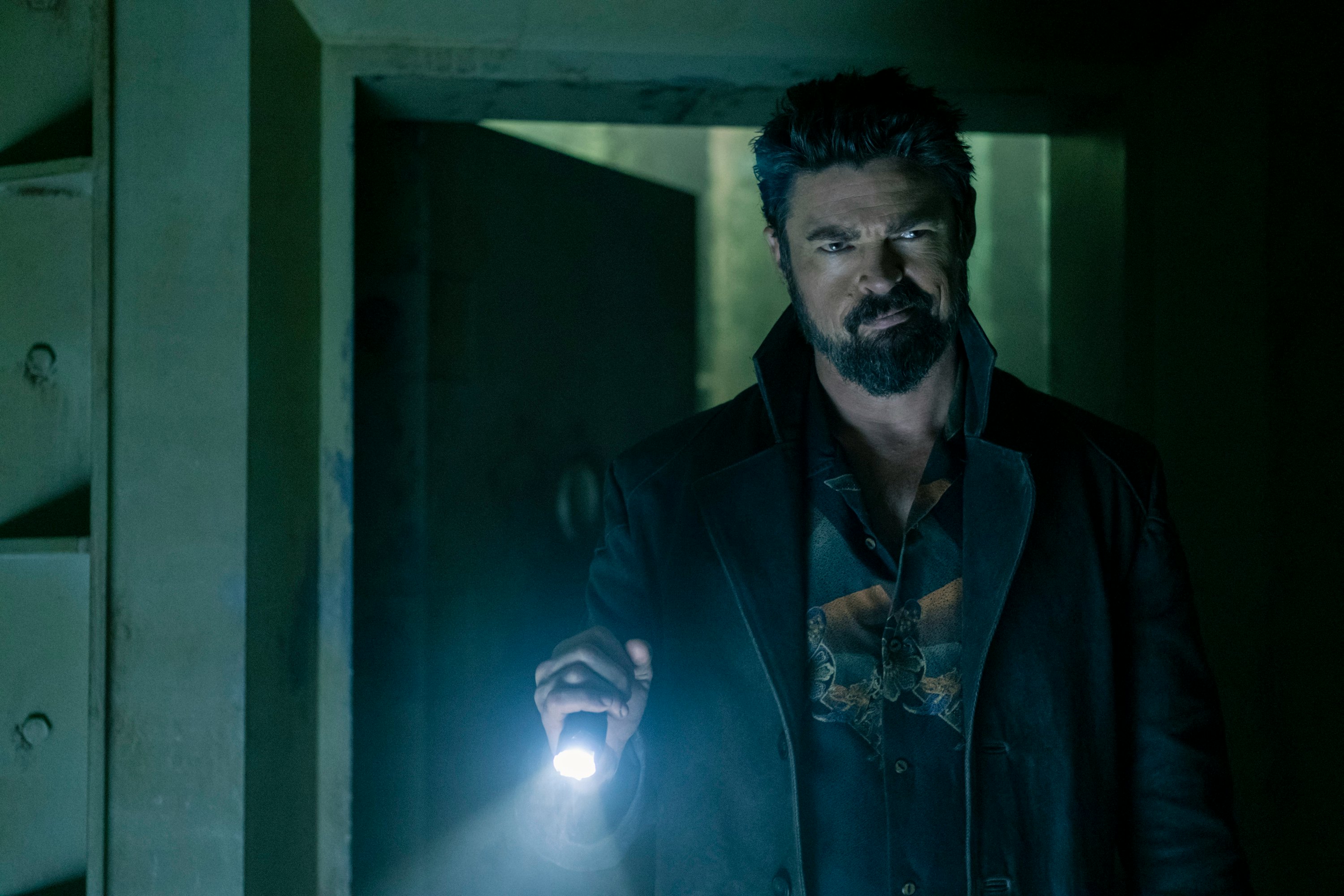
A spinoff can try a few different strategies to be successful. They can be a carbon copy of the original in a new setting, like Saved By The Bell: The College Years. They can introduce a tonal shift by focusing on one character, like Frasier. Or you can use the old “backdoor pilot” strategy to debut a completely off-the-wall premise (Mork & Mindy, as we all know, was spawned from an episode of Happy Days).
Gen V, the younger-skewing spinoff of Prime Video’s massively successful superhero series The Boys, seemed to have the perfect premise. After The Boys introduced the superpower-granting Compound V, a new generation of Supes attended Godolkin University and discovered a conspiracy lurking underneath the school. But in its last moments, Gen V threw away its unique perspective by stumbling into the same massive franchise trap Marvel has blundered into time and time again.

Gen V’s tone was decidedly different from The Boys. The latter’s superhero media satire took a backseat to teen-focused drama like self-harm, mental illness, eating disorders, and sexual assault. There was still brutality, but there was also a lot of adorable young love. But in the finale, as unhinged superheroes escape from a secret facility and wreak havoc on Godolkin, Gen V basically became an episode of The Boys, complete with Ashley Barrett wearing a blazer and freaking out, people exploding, and, yes, Homelander. There was even a post-credits scene featuring Butcher, suggesting a significant tie to The Boys Season 4.
This is nothing new for superhero fans. Marvel prides itself on taking narrative swings within Disney+ TV shows like WandaVision, which started as a whistle-stop tour of television history that told the story of Wanda Maximoff’s grief through the shows she found comfort in. But in the last episode, that premise was thrown out the window so there could be an explosive finale that tied into the broader Marvel universe. That pattern would continue throughout MCU television shows like Loki and Ms. Marvel, which halted their self-contained stories to tease larger sagas.

Does this Boys-ish final episode prove Gen V doesn’t stand alone, but is instead merely another part of the Boys story? It’s a dilemma The Boys showrunner Eric Kripke considered. “I completely believe that the shows need to stand on their own and that you can enjoy one without having seen the other,” Kripke recently told Inverse. “But by the same respect, it’s better to see both. One will accentuate and expand on the other, but it’s not crucial.”
That may be true, but Kripke later told Variety that The Boys will pick up mere days after the events of Gen V. Much like the MCU, The Boys universe is introducing multiple shows that tell the same story, rather than creating spinoffs that go in their own directions. Considering The Boys is meant to be an antidote to the Marvel Cinematic Universe, it’s concerning they’re following the same confusing path. The Boys still has a long, long way to go before it becomes as entangled as the MCU, but let’s hope it trusts future spinoffs to stand on their own two feet. No college student wants to see their parents show up to fight their battles for them.







